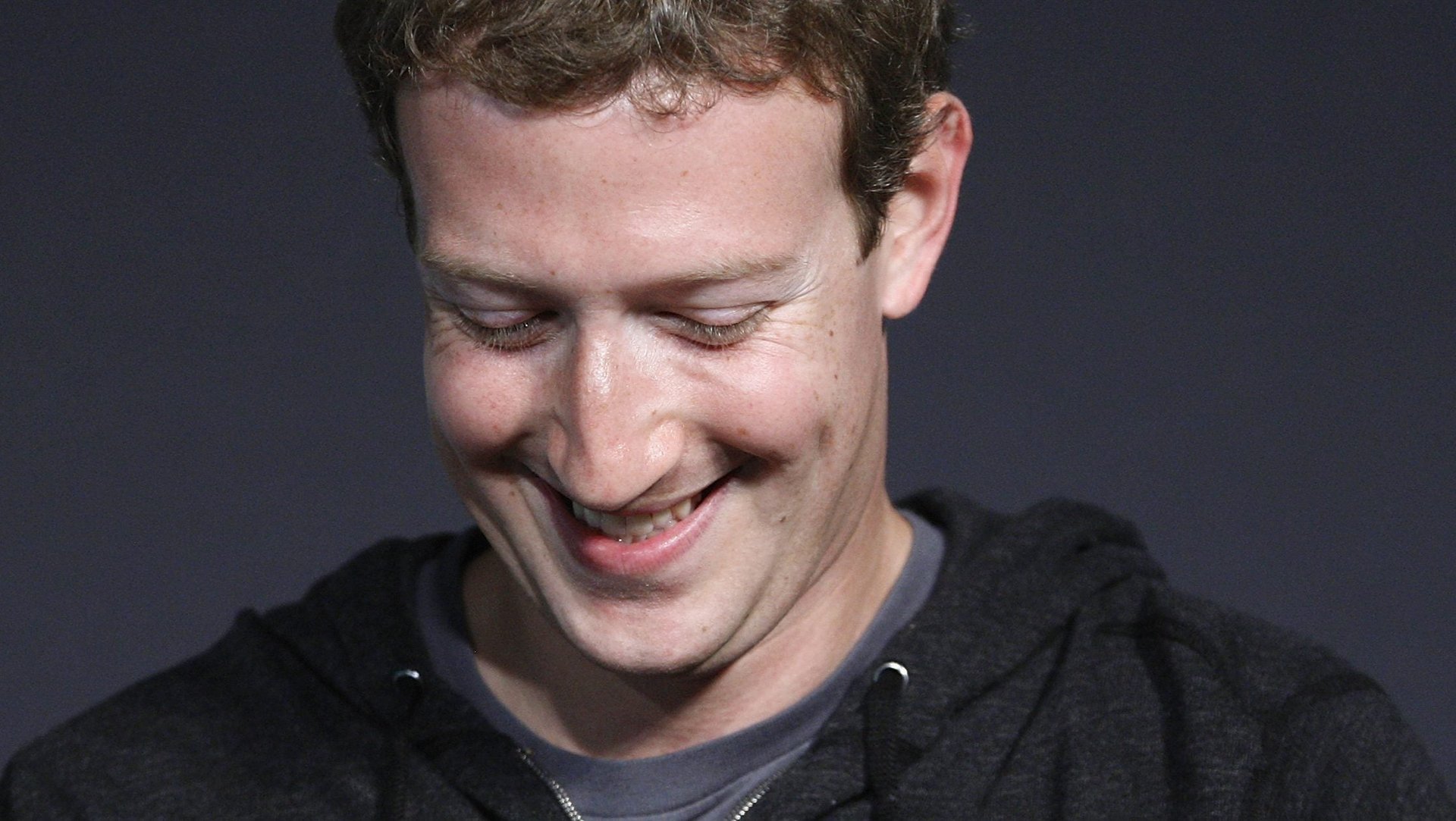Facebook’s metaverse is its best PR campaign ever
Frances Haugen had a robust public relations strategy—and it worked. The Facebook product manager-turned-whistleblower released volumes of internal company documents, first to The Wall Street Journal and then to a consortium of prestige media outlets. The rollout was timed, closely guarded, and executed gradually for maximum impact. Haugen started leaking anonymously before appearing on 60 Minutes in October, casting herself as a selfless corporate dissident in the process.


Frances Haugen had a robust public relations strategy—and it worked. The Facebook product manager-turned-whistleblower released volumes of internal company documents, first to The Wall Street Journal and then to a consortium of prestige media outlets. The rollout was timed, closely guarded, and executed gradually for maximum impact. Haugen started leaking anonymously before appearing on 60 Minutes in October, casting herself as a selfless corporate dissident in the process.
The Facebook leaks dominated the news from September until November, which is a testament to Haugen’s campaign: To anyone paying attention to Facebook recently, the revelations largely confirmed pre-existing suspicions and scandals. Haugen was able to show that the company gives priority treatment to high-profile accounts that break its rules, that Instagram is harmful to teen girls, that Facebook’s products make people angry, and that it has done little to stem violent content outside the US. In response, Facebook mounted an aggressive defense, which numerous former employees criticized publicly. Media scholar Siva Vaidhyanathan called the ordeal Facebook’s “most devastating PR catastrophe yet.”
Then Facebook stopped talking about Haugen—and started talking about the metaverse.
The reality of Meta’s metaverse
Depending on who you ask, the metaverse is either an overhyped fiction or the next iteration of the internet, one you can currently kind of experience through a virtual reality headset. For Facebook CEO Mark Zuckerberg, the metaverse is a shiny future straight from science fiction—so shiny that he decided to metamorphose Facebook into an entity called Meta Platforms Inc., a “metaverse company” with an Asimovian name. Having failed to change the subject, Facebook simply opted to change itself.
There’s no doubt that Zuckerberg is serious about building the metaverse. Meta can no longer rely on acquisitions to expand its business, and the renaming signals to investors that financial runway will be needed to build up Oculus, the VR platform Facebook bought for $2.3 billion in 2014. But the metaverse Zuckerberg is imagining is nothing like the one he has now. In a presentation to more than 3 billion users in October, Meta largely showed vaporware: software and experiences that do not yet exist.
The metaverse does have real promise. It could be used for training simulations, technical assistance, and immersive video chat. It could revolutionize education, gaming, and certainly porn. But will people spend all day in the metaverse? Can VR actually amplify real-life experiences? All of that remains philosophically and technologically unresolved.
To have a shared persistent virtual world that’s accessible wherever we go, we’ll need infinitely more computing power, infinitely better cloud capacity, and infinitely better broadband access. We’ll need cheap virtual-reality and augmented-reality hardware that can fit a supercomputer behind a thin layer of glass. (The Oculus Quest 2 sells for $299, and that’s on the cheaper end.) We’ll also need private corporations to commit to unprecedented levels of cooperation. The internet and web were largely built by the US government and research funded by it; the metaverse would be built by Meta, NVIDIA, Intel, and all of the other companies talking about it.
The distraction of the century
The yawning gap between the current metaverse and the one imagined by Meta doesn’t seem to be hurting the company. On Christmas, the Oculus app was the most downloaded on Apple and Google’s app marketplaces, suggesting the VR headset was a popular gift, particularly with other video-game consoles in short supply.
It seems that while Zuckerberg’s Meta pivot was technically premature, it was also immeasurably deft. By plunging Facebook into the metaverse conversation, he changed the company’s coverage entirely, in a way both tech and media could justify as consequential. After all, if the metaverse is going to be built, and Meta wants to build that metaverse in its image, to its liking, and for its financial benefit—that’s too big a story to ignore.
Frances Haugen captivated the tech press for months, but the contents of her leaks addressed questions within the bounds of contemporary debate: How do we keep people safe on Facebook’s apps? How do we control Facebook’s outsized influence in society? Ironically, the consequences of abuse, mismanagement, perversion, and sheer corporate dominance are potentially much more serious if Facebook builds the metaverse it’s imagining. Meta could be much more powerful than Facebook ever was.
Once the breathless coverage of Meta’s metaverse plans ends, the reality checks will begin. One collective metaverse is unlikely, but a drastic expansion of Facebook’s size, scope, and power should give everyone pause, and will perhaps change the conversation yet again.